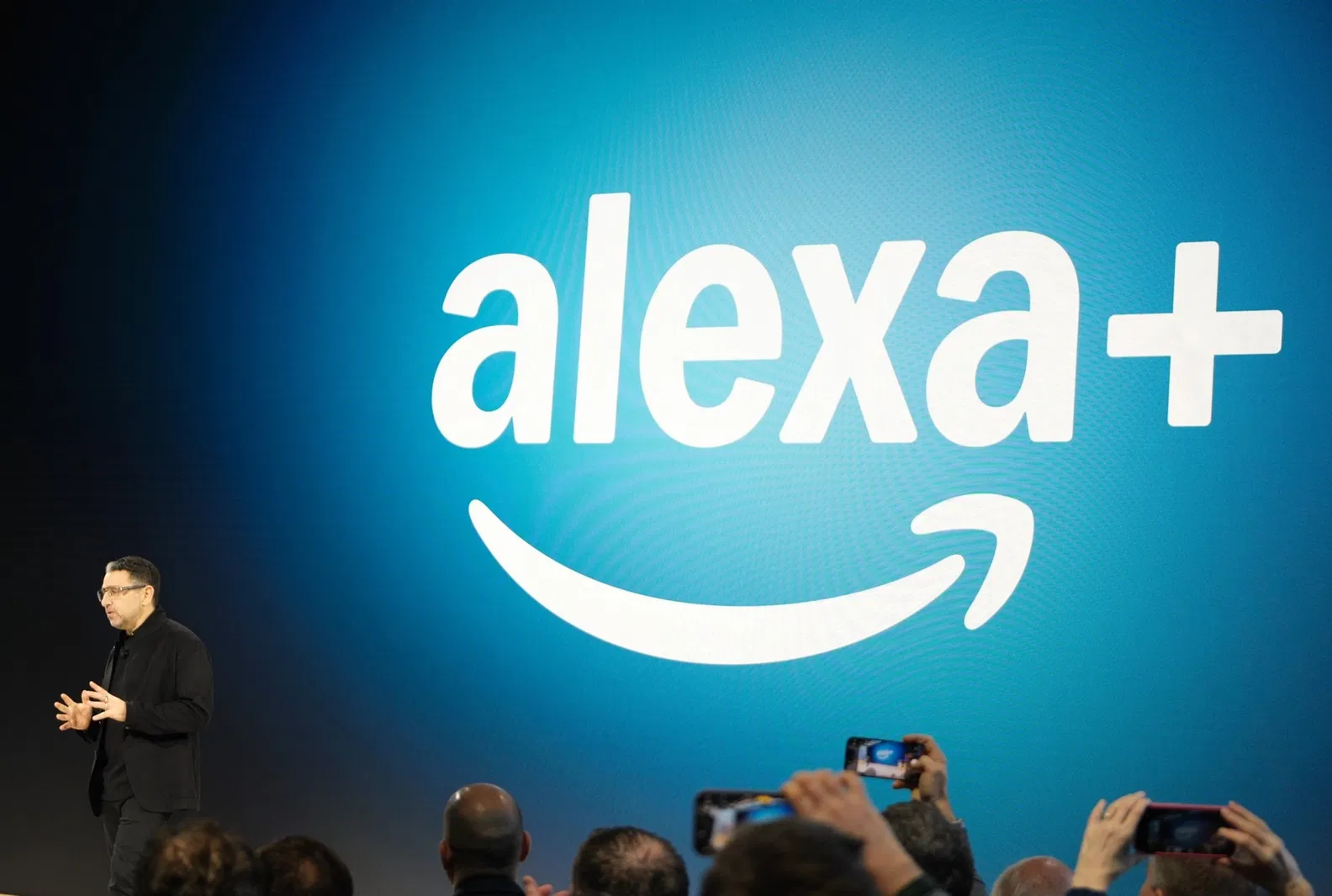In the heart of the AI revolution, a stark reality is emerging: our legal frameworks are lagging dangerously behind the rapid advancements in artificial intelligence. As AI systems grow increasingly complex and autonomous, their potential to disrupt industries, manipulate information, and even endanger human lives escalates. The urgency for lawmakers and regulators to address the unique risks posed by AI has never been greater.
The question isn’t whether AI will reshape our world, but how we will manage its impact. From deepfakes capable of spreading misinformation to biased algorithms perpetuating discrimination, the challenges presented by AI demand proactive and comprehensive legal solutions. This article delves into the critical need for updated laws and regulations to safeguard society in the face of AI’s unchecked evolution.
Unveiling the Risks: AI’s Dark Side
- Deepfakes and Misinformation: AI-powered tools can create hyper-realistic fake videos and audio, making it increasingly difficult to distinguish between truth and fiction. This poses a grave threat to democracy, trust, and social stability.
- Biased Algorithms: AI systems trained on biased data can perpetuate and even amplify existing societal prejudices. This can lead to discrimination in areas like hiring, lending, and criminal justice.
- Privacy Violations: AI’s ability to collect and analyze vast amounts of personal data raises concerns about privacy breaches and the potential for surveillance and manipulation.
- Job Displacement: Automation driven by AI could lead to widespread job losses, particularly in sectors like manufacturing and transportation.
- Autonomous Weapons: The development of AI-powered weapons raises ethical concerns and the potential for catastrophic consequences.
The Legal Landscape: Playing Catch-Up
While some efforts have been made to regulate AI, they often fall short of addressing the technology’s unique risks. Existing laws struggle to keep pace with AI’s rapid evolution, creating a legal vacuum where innovation can outstrip accountability.
- Data Protection: While laws like the GDPR provide some protection for personal data, they may not adequately address the challenges posed by AI’s data-hungry nature.
- Algorithmic Transparency: The lack of transparency in AI decision-making makes it difficult to identify and address bias or discrimination.
- Liability: It’s unclear who is responsible when AI systems cause harm, creating uncertainty for businesses and individuals alike.
A Call for Action: Bridging the Legal Gap
To harness the benefits of AI while mitigating its risks, we need a new legal framework that is both flexible and robust. This will require collaboration between lawmakers, technologists, ethicists, and the public.
- Proactive Regulation: Lawmakers must move beyond reactive responses to AI incidents and proactively develop regulations that anticipate and address potential risks.
- Ethical Frameworks: The development and adoption of ethical guidelines for AI development and deployment can help ensure that AI is used for good.
- International Cooperation: AI is a global phenomenon, requiring international collaboration to establish common standards and prevent regulatory arbitrage.
- Public Engagement: The public must be involved in the conversation about AI regulation to ensure that their concerns and values are represented.
Personal Experiences: Witnessing the Impact
In my own interactions with AI, I’ve seen both its promise and its perils. While AI has the potential to revolutionize healthcare, education, and other sectors, I’ve also witnessed firsthand the dangers of biased algorithms and the spread of misinformation. These experiences have underscored the urgent need for laws and regulations that can keep pace with AI’s rapid evolution.
Statistics: A Glimpse into the Future
- According to a 2023 World Economic Forum report, AI is expected to displace 85 million jobs globally by 2025.
- A 2022 study by the Pew Research Center found that 60% of Americans believe that the government should do more to regulate AI.
- The global AI market is projected to reach $1.59 trillion by 2030, according to a 2023 report by Grand View Research.
AI has the potential to transform our world for the better, but only if we navigate its development and deployment responsibly. To do so, we need laws and regulations that can keep pace with its rapid evolution and address its unique risks.
The stakes are high. By proactively addressing the challenges posed by AI, we can ensure that this powerful technology serves humanity, rather than endangering it. The time for action is now.










Add Comment